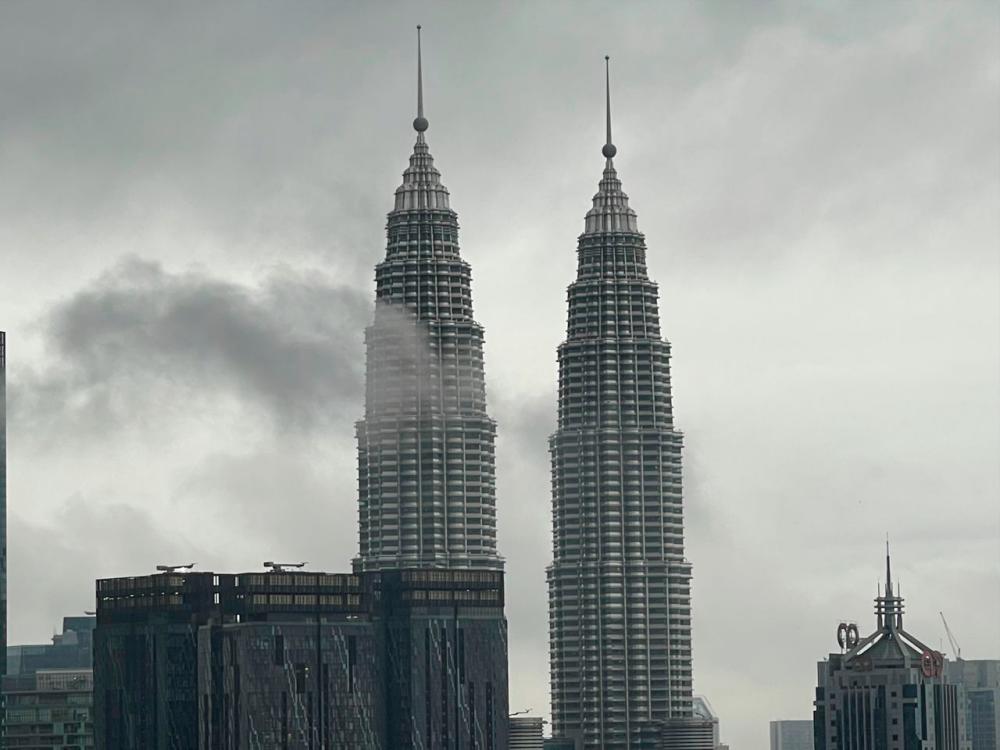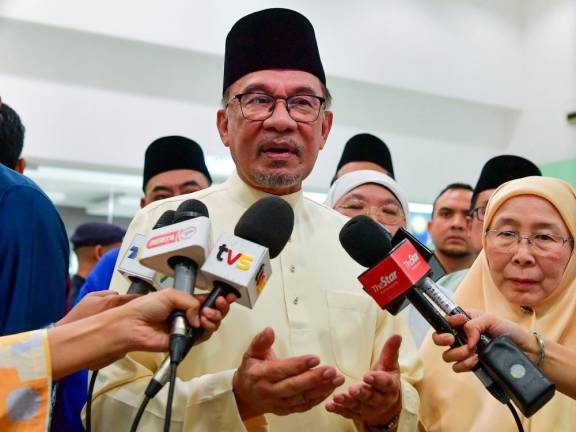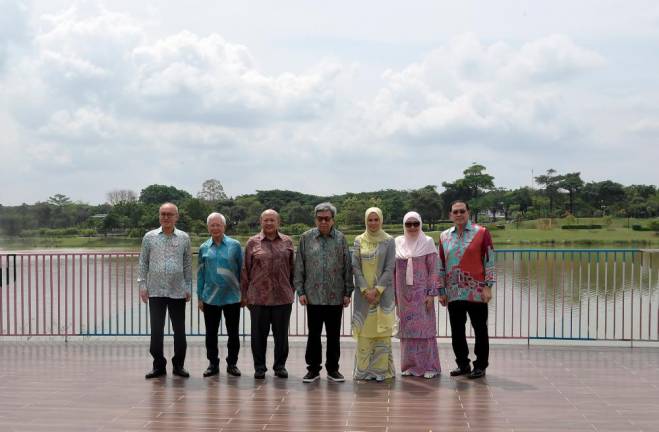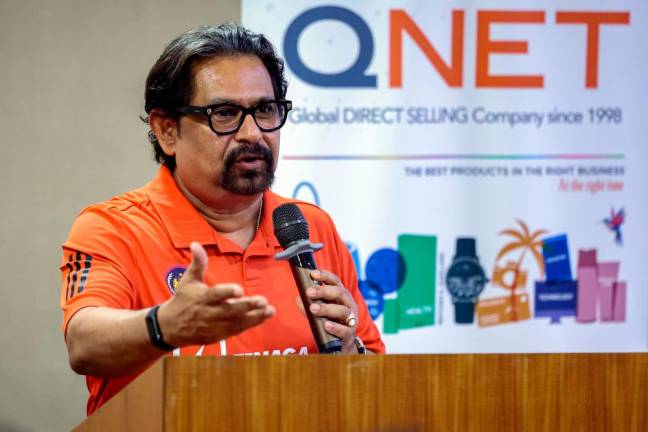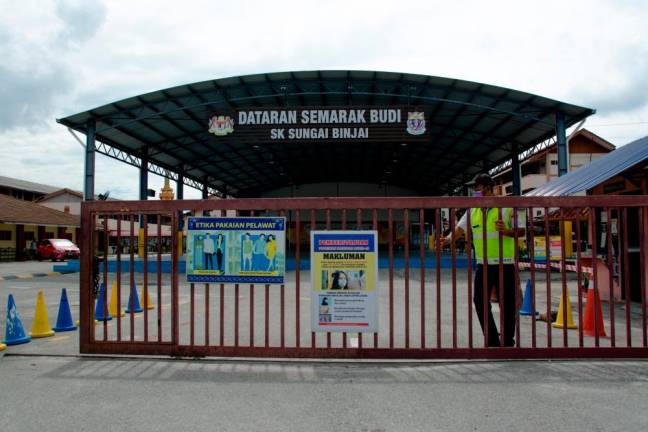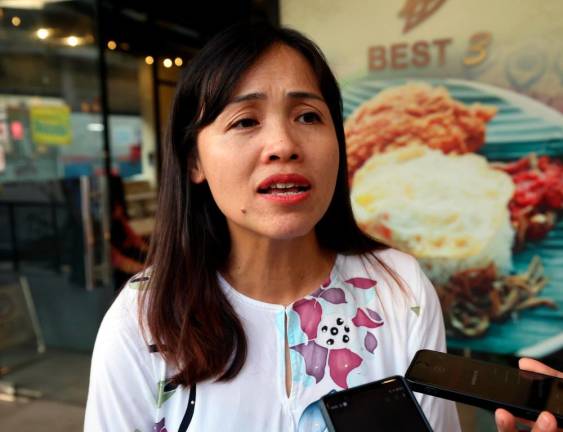THE Association for Welfare, Community and Dialogue welcomes Malaysia and Singapore’s intention to sign a memorandum of cooperation on green economy.
The Singapore government has shown commitment of greening the economy by involving various stakeholders, which can be constantly viewed on the CNA TV channel.
Malaysia can learn from Singapore on how to get its citizens involved in greening the economy.
“Green Economy” is described as an economy in which growth and environmental responsibility work together in a mutually reinforcing fashion, while supporting progress on social development.
Businesses and industries have a crucial role in delivering economically viable products, processes, services and solutions required for the transition to a “Green Economy”.
According to a study, “Green Economy” relies on three pillars i.e. economic, social and environmental for sustainable development to work. Stakeholders must make efforts to work together for short and medium-term profit, with longer-term systemic change.
Growth is essential in providing the resources and social equity necessary to build capacity and finance actions in a transition towards a “Green Economy”.
It is clear the greening of the economy cannot be divorced from social-economic equity since it is tied to sustainable development goals, which cannot be compared with neo-liberal economics that favour a trickle-down approach to wealth.
Malaysia appears to be taking a gradual approach on the policy of greening the economy. There are no incentives for corporations and small and medium-sized industries to undertake a transition towards greening of the economy.
The people, who are considered an important stakeholder in this transition, seems be unprepared since the real focus is on bread-and-butter issues.
In a nutshell, we do not have a clear vision of what constitutes a transition towards a green economy.
The greatest folly is the presumption that a green economy is an endeavour that will narrow business opportunities and job creation. Thus, it overlooks the value of long-term systemic change that will not only reduce carbon imprint, but also involve stakeholders, the government and the people in adhering to and achieving sustainable development goals.
Systemic structural changes on how institutions work are necessary to reverse this presumption. For example, there is a need for decentralisation in decision-making on greening and social-economic well-being of the people.
In order to navigate the challenges related towards the transition towards a “Green Economy”, the government should provide clarity on the vision and information on how it intends to move into a green and sustainable economy. Currently, much of the “Green Economy” points to its potential benefits and co-benefits of climate action.
But all countries have different socioeconomic realities, which need to be carefully examined to understand what type of policy can bring benefits to Malaysia.
We need hard data to show how climate action and shifting to a “Green Economy” will have overwhelming benefits for the environment, and promote economic growth that generates more jobs.
We need to measure the environmental, social and economic implications of climate policies and investments. This involves looking at the data and asking questions like “will everyone benefit equally?”, “what would investment in hydropower plants or green infrastructure do?”, “would this create jobs only for skilled urban workers or would it also benefit women working in informal economies?”, “are the skills, labour and technology to build and run such projects domestically available?”
By identifying the synergies and trade-offs between climate action and broader development priorities and needs, policymakers can enhance the positive impacts of recovery packages and drive systemic changes. This phase has already taken place in many developing countries.
We can learn from country’s like Costa Rica and Columbia that have embarked on tropical carbon tax strategy, and how it has created an impact on its nation’s economy.
Therefore, it is vital for our government to ask these questions and learn from references, and provide clarity to stakeholders with greater vigour as it signs the memorandum of understanding on “Green Economy” with Singapore.
Ronald Benjamin, Secretary, Association for Welfare, Community and Dialogue. Comments: letters@thesundaily.com



